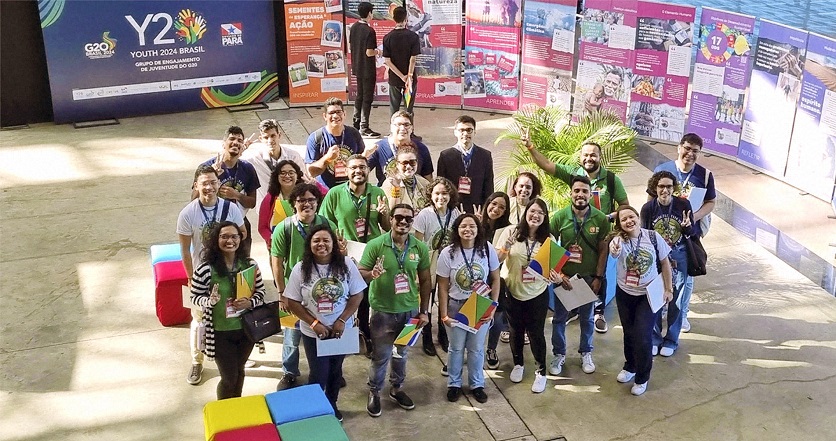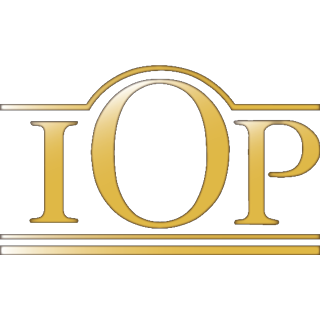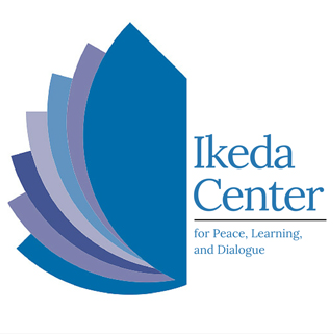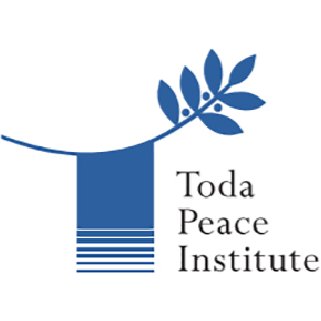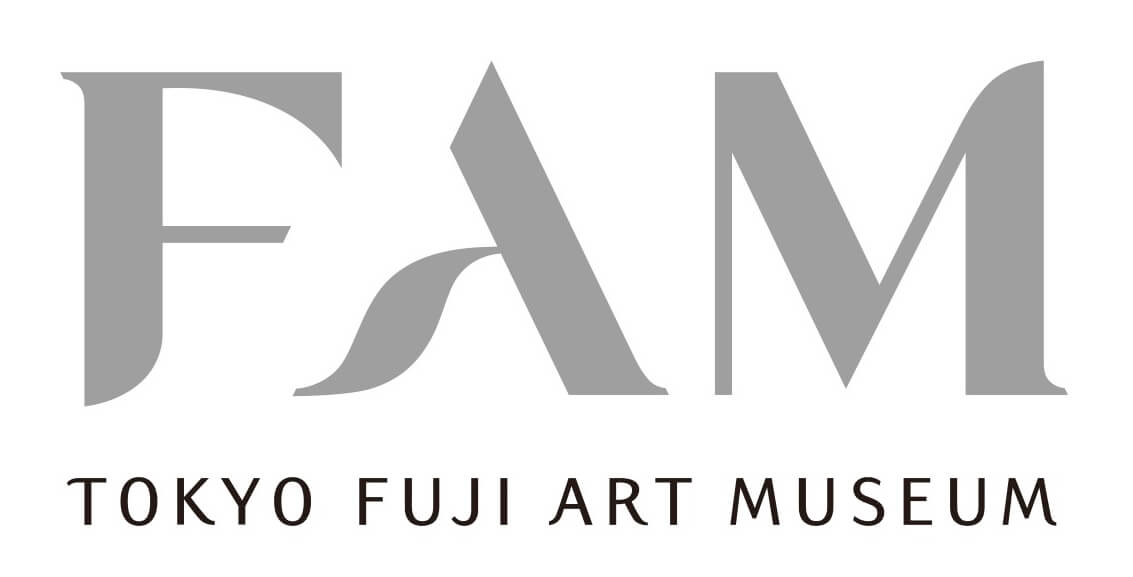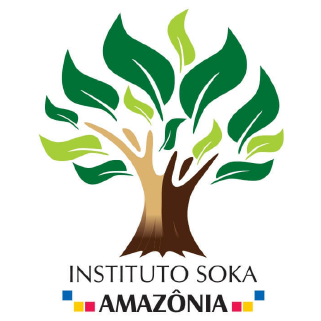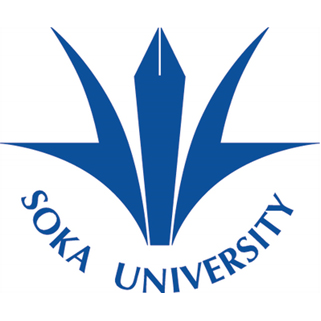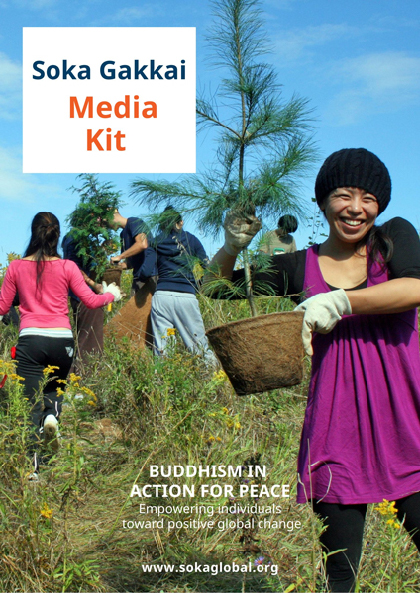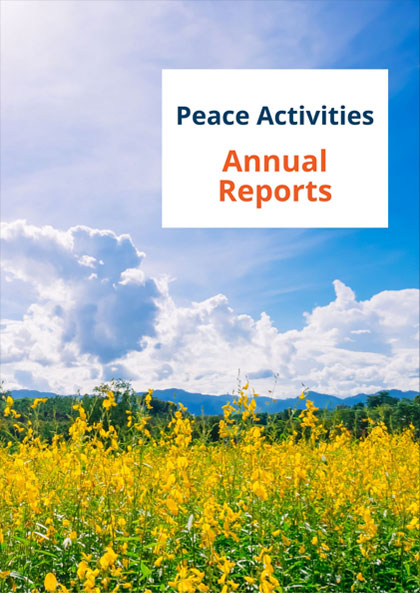- Small
- Medium
- Large
- Home
- Contact Us
- Media Room
Media Room
The International Office of Public Information of the Soka Gakkai, based in Tokyo, Japan, provides information and responds to queries from the media and researchers.
Press Releases
-
Facts and Figures
The Soka Gakkai is a global community-based Buddhist organization that promotes peace, culture and education centered on respect for the dignity of life. It has 12 million members in 192 countries and territories worldwide, with 90 registered constituent organizations.
Soka Gakkai members practice Nichiren Buddhism, and their basic Buddhist practice is chanting the phrase “Nam-myoho-renge-kyo” and reciting excerpts of the Lotus Sutra. They hold regular local discussion meetings to study Buddhist principles and their application to everyday life.
There are 8.27 million member households in Japan, and around 3 million members outside Japan.
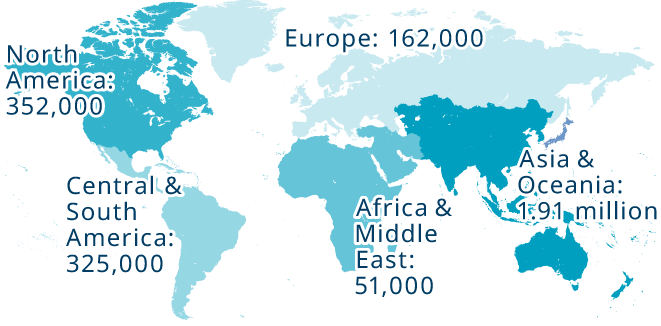
Membership outside Japan (as of 2021)
International Directory
This is a directory of registered Soka Gakkai organizations that have websites or local centers.
President
The president of the Soka Gakkai is Minoru Harada (1941– ). Harada joined the Soka Gakkai in 1953. He became president of the Soka Gakkai in 2006 after serving as Secretary General of the organization (1984–2006) and Vice General Director (2001–06).
-
History
The Soka Gakkai upholds a spiritual lineage that originates some 2,500 years ago with Shakyamuni and has been continued by Buddhist teachers in India, China and Japan, reaching its most profound expression in the teachings of Nichiren (1222-82).
The first three presidents of the Soka Gakkai, Tsunesaburo Makiguchi (1871–1944), Josei Toda (1900–58) and Daisaku Ikeda (1928–2023), revived Nichiren Buddhism in the modern age and created the basis for its development as a globally accessible philosophy.1930:The organization’s roots date to 1930 in Japan, when Makiguchi and Toda founded the Soka Kyoiku Gakkai (Society for Value-Creating Education), the forerunner of the Soka Gakkai. With Makiguchi as its first president, the organization began as a group of teachers focused on educational reform but later developed into a movement dedicated to the betterment of society through individual inner transformation based on Nichiren Buddhism.
1943:Makiguchi and Toda were imprisoned as “thought criminals” for refusing to adhere to the State Shinto religion used by the militarist government to exert ideological control over the population. Makiguchi died in prison, and Toda emerged in 1945 to rebuild the Soka Gakkai, later becoming the second president.
1947:Amidst the chaos of postwar Japan, Ikeda encountered Toda, who became his mentor, and joined the Soka Gakkai.
1960:Ikeda became the third president of the Soka Gakkai, marking the beginning of the organization’s growth internationally.
1975:The Soka Gakkai International (SGI) was formed as a global association to link independent Soka Gakkai organizations around the world, and Ikeda became its president.
1983:The SGI was accredited as a nongovernmental organization with the United Nations Economic and Social Council (ECOSOC).
1995:The SGI Charter was adopted, expressing the association’s commitment to strive for a peaceful world, contributing to peace, culture and education based on respect for the dignity of life.
2017:The Soka Gakkai adopted its new Constitution, clarifying the role of the founding presidents, basic aspects of the organization’s global administration, its essential doctrinal stance and objectives of promoting Nichiren Buddhism for the sake of peace and human happiness.
2021:The SGI Charter was updated and adopted as the Soka Gakkai Charter, further articulating the principles guiding the organization’s social engagement grounded in an unwavering commitment to nonviolence and the culture of peace.
2023:On November 15, Ikeda passed away peacefully at his residence in Tokyo, Japan, having devoted his life to spreading the humanistic ideals of Buddhism and promoting the culture of peace through dialogue. Under his leadership, the Soka Gakkai expanded to 192 countries and territories, and today, it has 8.27 million member households in Japan and around 3 million members outside of Japan.
-
Peace Activities
The Soka Gakkai and the SGI (Soka Gakkai International) engage in activities to promote a culture of peace.
Working with the United Nations, NGOs and other stakeholders, the SGI undertakes efforts to address global issues through raising awareness among the public and bringing ideas and recommendations to the UN.
Awareness-raising activities around current global issues are carried out in six areas. These are peace, disarmament, environment and sustainability, human rights education, humanitarian relief, and gender equality and women’s empowerment. The range of activities includes exhibitions, symposiums, interfaith dialogue and cultural events.
Beginning in 1983, Daisaku Ikeda authored 40 annual peace proposals directed toward the international community that addressed issues facing humanity, suggesting solutions and responses grounded in Buddhist philosophy.
These proposals, together with statements he issued on global challenges, continue to provide impetus and direction to the organization’s grassroots efforts to build a lasting culture of peace.
The SGI has been accredited as a nongovernmental organization (NGO) in consultative status with the United Nations Economic and Social Council (ECOSOC) since 1983.
The SGI Office for UN Affairs in New York and Geneva is actively engaged at the United Nations. The SGI Action for Peace website reports on peace activities around the world and has related resources and information.
See Peace Activities Annual Reports -
Latest News
Read News Headlines in brief from the Seikyo Shimbun, the daily newspaper of the Soka Gakkai in Japan, and the Latest news page of the SGI Action for Peace website for activity news from around the world.
-
Affiliated Organizations
The Soka Gakkai has a number of affiliated secular organizations that work to promote peace, culture and education. The activities of these affiliates are open to all.
Institute of Oriental Philosophy is dedicated to advancing scholarly inquiry into Buddhism and other world religions in order to clarify the universal value of religion and thereby help address the issues facing humanity today.
Ikeda Center for Peace, Learning, and Dialogue is located in Cambridge, Massachusetts. Its mission is to build cultures of peace through learning and dialogue inspired by Buddhist humanism.
Toda Peace Institute is an independent, nonpartisan institute committed to promoting a nonviolent, sustainable and peaceful world through policy-oriented peace research and practice. It commissions research, convenes problem-solving workshops and seminars and promotes dialogue across ethnic, religious and political divides.
Tokyo Fuji Art Museum was established to promote peace and mutual understanding through cultural and artistic exchange as well as making art more widely accessible to the public.
Soka Education System: Building on the child-centered educational philosophy of Tsunesaburo Makiguchi, the first president of the Soka Gakkai, the Soka education system (kindergarten through university) was founded by Daisaku Ikeda in order to foster global citizens who will contribute to society and help strengthen the foundations of peace.
- Soka University of America
- English
-
Related Websites
-
FAQ
How does the Soka Gakkai adapt to different cultures?
The Soka Gakkai respects cultural diversity and encourages its members to be responsible citizens of their respective societies. In each country, for instance, the style and format of regular discussion meetings express the cultural diversity of that society.
Based on its Buddhist philosophy, the Soka Gakkai respects other religions, engages in dialogue and works together with them toward the resolution of fundamental issues concerning humanity.How is the President of the Soka Gakkai elected?
Within the Soka Gakkai there is a President Selection Committee consisting of representative members of the Board of General Administrators. The term of the President is four years.
Who was Daisaku Ikeda?
Daisaku Ikeda (1928–2023) was the third president of the Soka Gakkai and is regarded as one of the three founding presidents. He authored numerous essays, articles and books on the Buddhist philosophy of Nichiren and the Lotus Sutra to inspire and encourage the members of the Soka Gakkai around the world. Many Soka Gakkai members continue to respect Daisaku Ikeda as their mentor due to the depth of his understanding of Nichiren Buddhism, and his tireless efforts to encourage and empower people around the world through Buddhist philosophy and practice.
Ikeda stressed that he owed everything to his own mentor, second Soka Gakkai President Josei Toda (1900–58). The tradition of passing down teachings from mentor to disciple, or teacher to student, has a long history in Buddhism. The commitment of the mentor, or teacher, is to pass on what they have learned, so that eventually the disciple surpasses the mentor.How is the Soka Gakkai financed?
Soka Gakkai organizations are supported through the donations of their members. In Japan, the organization also receives income from subscriptions to the Seikyo Shimbun daily newspaper.
Does the Soka Gakkai engage in political lobbying?
As an NGO, the SGI (Soka Gakkai International) is engaged in efforts to promote peace, disarmament, environment and sustainability, human rights education, humanitarian relief, and gender equality and women’s empowerment, in cooperation with other NGOs and UN agencies.
For unique historical reasons, the Soka Gakkai in Japan is the main endorsing body for the Komeito political party, which has a platform of policies aimed at peace, environmental protection and support for the vulnerable. Soka Gakkai organizations outside Japan do not and will not ever engage in political activities.What activities does the Soka Gakkai undertake to promote peace and nuclear disarmament?
Since 1957, when second Soka Gakkai President Josei Toda issued his Declaration Calling for the Abolition of Nuclear Weapons, the Soka Gakkai has been committed to ridding the world of these inhumane weapons. It has created educational resources, including collections of hibakusha testimonies and exhibitions, and held numerous forums and awareness-raising and signature gathering campaigns calling for nuclear weapons abolition. These efforts were also inspired by SGI President Daisaku Ikeda’s peace proposals, authored annually between 1983 and 2022, and statements he issued on challenges facing humanity. These resources still play an important role in inspiring the organization’s peace and disarmament efforts both at local and global levels. The Soka Gakkai International (SGI) is a partner of ICAN and supports the Treaty on the Prohibition of Nuclear Weapons.
What action is the Soka Gakkai taking to address climate change?
The Soka Gakkai is committed to reducing its carbon footprint and switching to renewable energy sources, taking into consideration local needs, priorities and resources in specific regions and countries. It undertakes awareness-raising campaigns aimed at encouraging individual and collective action toward climate justice. Its affiliated Soka Amazon Institute near Manaus, Brazil, carries out reforestation and tree planting programs that help absorb CO2 and inform local people about the value of the forest.
What is the stance of the Soka Gakkai towards people embracing LGBTQI+ and other gender or sexual identities?
The Soka Gakkai embraces and accepts all individuals regardless of their gender or sexual identities, and opposes all forms of discrimination. The Soka Gakkai upholds the international human rights standards enunciated by the United Nations, but recognizes that different countries are at different stages in the application of these standards, and that there are differences in their understanding of, and legal framework regarding, LGBTQI+ issues. The organization looks forward to the progress of constructive debate in each national setting.
Contact Information
International Office of Public Information
32 Shinanomachi, Shinjuku-ku, Tokyo 160-8583, Japan
+81-3-5360-9830
Media Queries
Joan Anderson
+81-80-5957-4711
anderson[at]soka.jp





